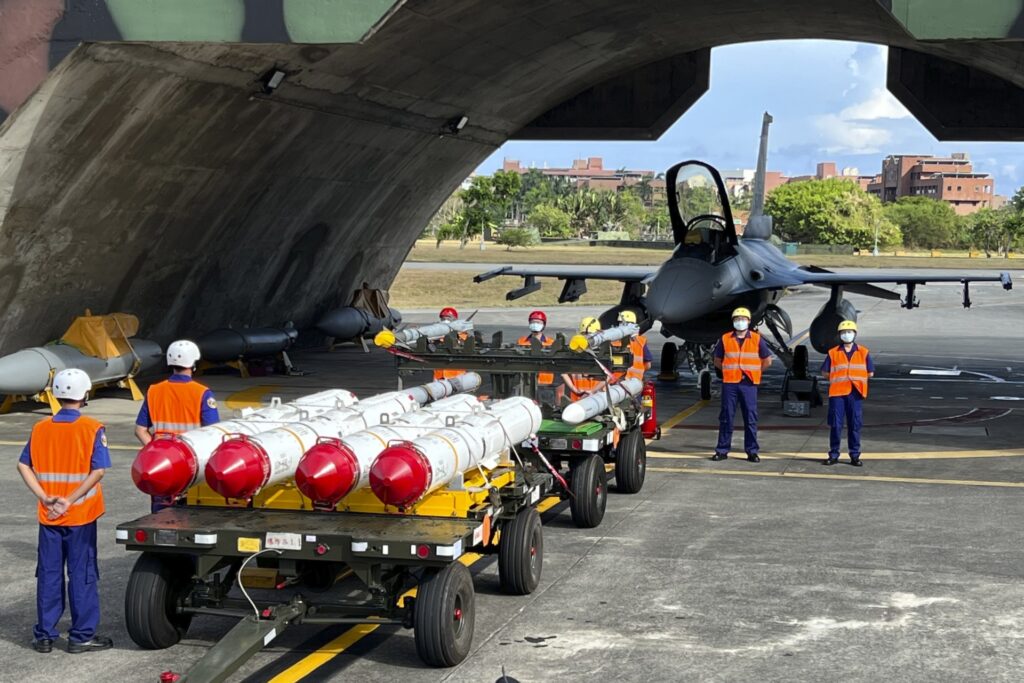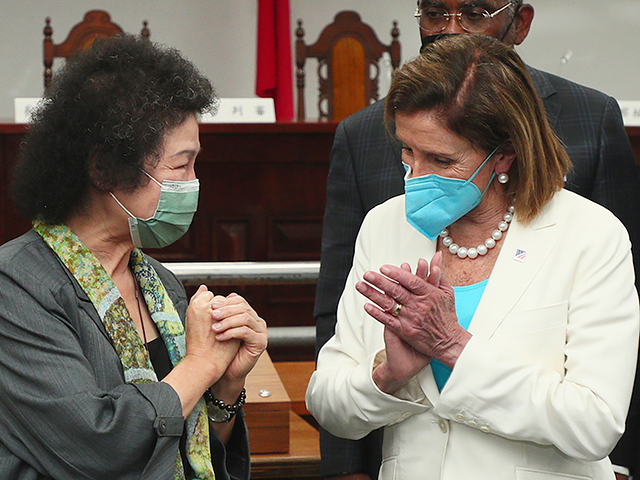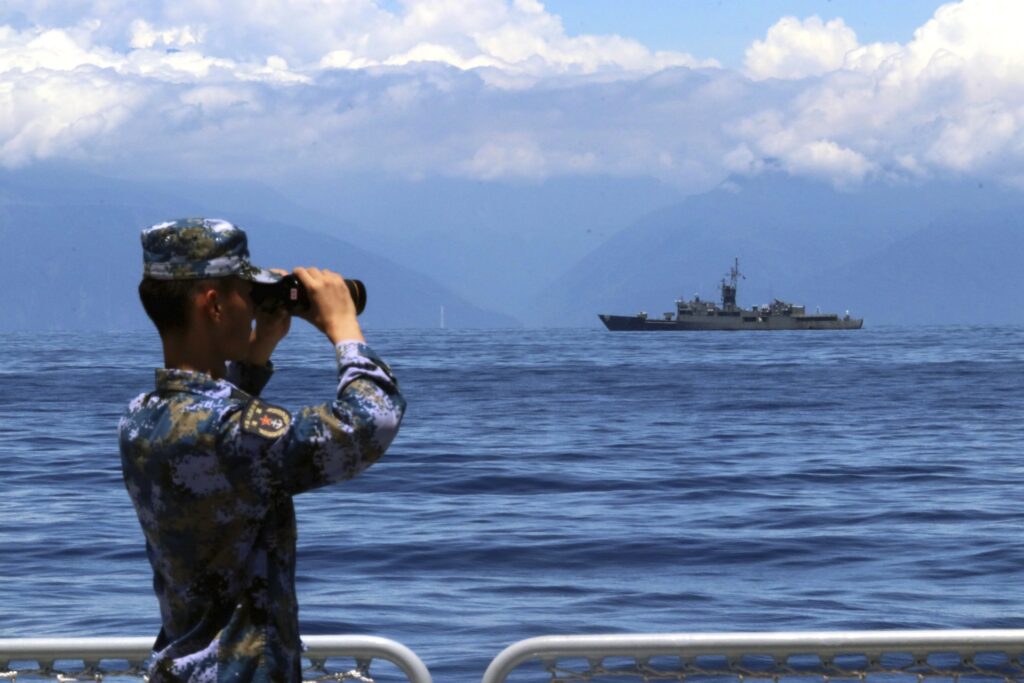The Australia Institute on Monday published a surprising poll that found Australians were more likely to fear attack by China than the Taiwanese, who live on an island that China threatens to attack on a fairly regular basis.
The poll was conducted between August 13 and 16 – well after House Speaker Nancy Pelosi’s visit to Taiwan on August 4 was met with a fresh round of threats and belligerent military exercises by China.
Even though they had just watched the People’s Liberation Army (PLA) of China cook off rockets and cannons in their watery backyard for over a week, only one in 20 Taiwanese said they feared a Chinese invasion in the near future, compared to one in ten Australians who thought China would attack their continent – and almost 25 percent of Australians who expect China to attack Taiwan.
Allan Behm, director of international and security affairs for the Australian Institute, blamed the poll results on “fearmongering” from the “anti-China lobby.”
“The results show popular opinion is detached from geopolitical and geostrategic reality. The results support the case for a reset in the Australia-China relationship and the manner in which we hold this important national conversation,” Behm said.

Military personnel stand next to Harpoon A-84, anti-ship missiles and AIM-120 and AIM-9 air-to-air missiles prepared for a weapon loading drills in front of a F16V fighter jet at the Hualien Airbase in Taiwan’s southeastern Hualien county on Wednesday, Aug. 17, 2022. Taiwan is staging military exercises to show its ability to resist Chinese pressure to accept Beijing’s political control over the island. (AP Photo/Johnson Lai)
“Such a reset should be based on facts and the national interest rather than the fear peddling we saw in the recent Australian federal election by some for domestic, partisan interests,” he added.
Behm lavished praise on Australian Foreign Minister Penny Wong, who took office in May after her Labor Party unseated Prime Minister Scott Morrison of the Liberal Party in the 2022 election. Morrison was an outspoken critic of Communist China and was particularly insistent on investigating the origins of the Wuhan coronavirus. He was also opposed to China’s growing influence in the Indo-Pacific region.

In this photo released by the Taiwan Ministry of Foreign Affairs, U.S. House Speaker Nancy Pelosi at right reacts to Chen Chu, the President of the Control Yuan and Chair of the National Human Rights Commission, during a visit to a human rights museum in Taipei, Taiwan on Wednesday, Aug. 3, 2022. (Taiwan Ministry of Foreign Affairs via AP)
“Australia’s Foreign Minister, Senator Penny Wong, has begun the important task of recalibrating the Australia-China relationship and that should be welcomed. She is able to do that without sacrificing our important commitments to human rights, regional security and the national interest,” Behm said.
Morrison’s successor Anthony Albanese campaigned on restoring Australian relations with China but lately finds himself contesting some of the same Chinese trade practices the Morrison administration denounced. Wong is under pressure to intervene against a proposed sale of islands near a major Australian shipping route to China because critics say the sale could jeopardize Australia’s national security.

In this photo provided by China’s Xinhua News Agency, a People’s Liberation Army member looks through binoculars during military exercises as Taiwan’s frigate Lan Yang is seen at the rear on Aug. 5, 2022. (Lin Jian/Xinhua via AP)
China’s state-run Global Times jumped on the Australia Institute’s poll as evidence that “almost daily frenzied smear attacks on China in various Australian media” and “constant China rumor-mongering by some anti-China politicians” have “seriously skewed” the perceptions of Australians.
The Global Times blamed the Morrison administration’s rhetoric and the “huge reduction in bilateral people-to-people exchanges between China and Australia since the outbreak of [the Chinese coronavirus] pandemic” for the larger number of young Australians who were concerned about Chinese aggression in the polls.
“This is a worrying signal. There will undoubtedly be large quantities of young people who will work in international scenario related industries in the future. With such misunderstandings that is rare [sic] even in other Western countries, these young Australians will probably be a hidden danger for future bilateral cooperation,” the Global Times warned.
The Communist propagandists also tossed in a smear of “so-called experts in certain anti-China think tanks” like the Australian Strategic Policy Institute, which happens to be a persistent critic of China’s brutal oppression of the Uyghur Muslims.
The Global Times concluded by instructing the Albanese administration to “actively change its dysfunctional status quo of public opinion at home and report objectively on China based on international reality,” if it wants better relations with Beijing.

COMMENTS
Please let us know if you're having issues with commenting.